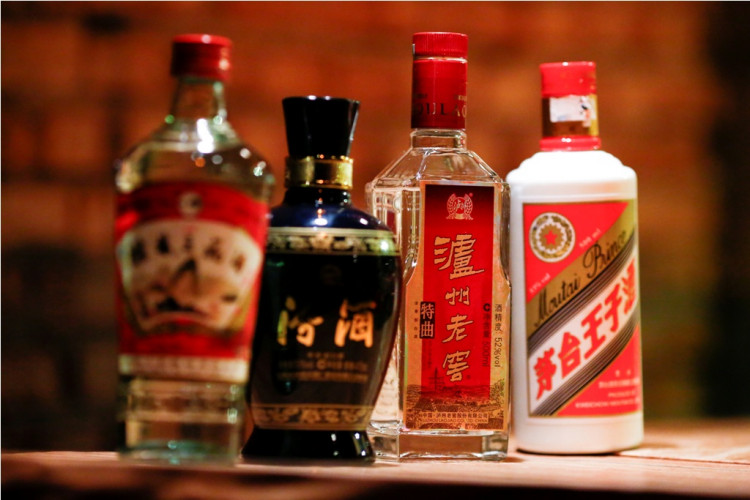Data from the U.S. Department of Agriculture that was released on Thursday revealed that China stayed true to its word in increasing purchases of agricultural products. The country made its biggest purchase of sorghum grain last week despite existing tariffs.
According to Reuters, China purchased a total of 51,072 metric tons of sorghum grain last week, its biggest purchase yet since April. DA figures further revealed that the Chinese side has been making significant purchases of the product since last month. It is expected that the sorghum will be used to create Chinese liquor baijiu.
Industry analysts believe the purchases were made as a means of sending a message to sincerity to Washington after Chinese President Xi Jinping and U.S. President Donald Trump agreed at the G20 Summit that tariffs will be held off.
Despite the failure of both parties to reach a trade deal, American farmers are pleased with the developments initiated by the Chinese side in terms of agriculture purchases. It turns out that U.S. farmers and Chinese importers have a peaceful relationship.
Former Chairman of the U.S. National Sorghum Producers and sorghum farmer Don Bloss pointed out that "the producers on this site and the buyers on that side are still friends." Bloss' statements reflect the desire of farmers and importers to retain business even if tariffs are in place.
"It's the governments that are getting in the way," Bloss stressed as if echoing the sentiments of some economists and leaders from non-agriculture sectors who have been urging Trump to reach an agreement with China.
Meanwhile, it appears that the two governments have been caught in a standstill as Beijing continues to wait for a clear layout of how the Huawei ban reprieve should be translated moving forward.
The Wall Street Journal reported that while talks will resume, the negotiators are faced with a wall as the White House appears to be undecided on how to go about with the supposed ease-up on China's biggest tech equipment firm.
Ever since news of the standstill emerged, markets have reacted in a mixed manner. The most affected markets are those in Europe as Thursday morning proved to be a hard one for European shares.
Germany's SAP saw a drop of six percent, the CAC stock also slipped by 0.5 percent, the Stoxx 600 index dropped by 0.4 percent on the morning trade. The DAX index did not perform well with a fall of 0.8 percent, further proving the global impact of the China-U.S. trade war.
U.S. Treasury Secretary Steven Mnuchin hinted that the Thursday talks between Chinese and American trade negotiators could open doors for face-to-face meetings to start over again where it ended after Xi and Trump last spoke to each other in Osaka last month.





